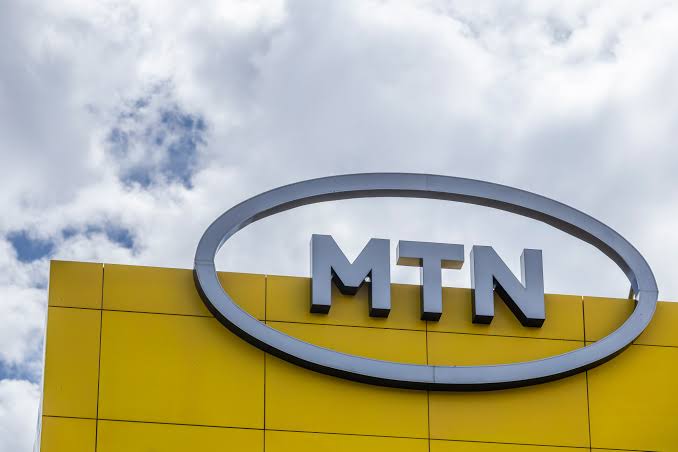Bayobab, which is a part of MTN Group, has said that it will work with Africa50 to build a network of ground fiber optic cables that would stretch across Africa.
The goal of Project East2West, which will cost $320 million, is to link the eastern and western shores of Africa through 10 different countries.
The goal for Project East2West is to be carried out by 2025 in line with MTN’s Ambition 2025 plans. This funding will help Bayobab reach its goal of owning 135,000 kilometres of fiber in the next three years.
The project is meant to help landlocked African countries get better access to the internet, which will help close the connectivity gap in Africa.
It was also supposed to make a big difference in data traffic in Africa, increase the use of local content across the region, and help the economy grow in the area.
The project is also anticipated to improve the region’s ability to support high-quality broadband access by increasing the region’s capacity to support a latency reduction of up to 65% along the east-to-west route.
Businesses and organizations will benefit from the relationship because it will make a big difference in how much data traffic Internet service providers, mobile network operators, and hyperscalers in these countries handle.
It will also fix the problems that slow down internet data coming into and leaving Africa.
Read also: Zambia’s MTN skills academy addresses digital skills gap
About this relationship, Africa50 CEO Alain Ebobissé explains
“Project East2West is a life-changing project that will help Africa enhance its internet bandwidth by developing 4G and 5G networks. This project will help Africa connect most of its expanding population to the Internet. Bayobab and MTN, huge pan-African corporations, must be involved in such a crucial cross-border endeavor.”
This new plan to work together comes on the same day that MTN GlobalConnect, a Pan-African digital wholesale services company, changed its name to “Bayobab,” which shows the company’s strategy change.
Bayobab’s two separate businesses, Bayobab Fibre and Bayobab Communication Platforms, are meant to link Africa. This shift shows that Bayobab is still committed to providing open, next-generation digital solutions to all of Africa.
MTN Group President and CEO Ralph Mupita said about this renaming,
“Part of our Ambition 2025 strategic goals is to build the biggest and most useful platforms. The name change from MTN GlobalConnect to Bayobab represents the changes that are being made to position the business as a world-class, Africa-focused open-access digital infrastructure platform that serves not just MTN but also third parties as customers. Over time, we will also bring in key partners who will help support and speed up the growth of this business with their skills and money.”
The rebrand marks the initial stage of the business transformation process following the announcement of MTN Group’s Ambition 2025 strategy. Bloomberg says that Bayobab hopes to build 135,000 kilometers of the at least 500,000 kilometers of fiber optic cables Africa needs by 2025.
MTN is competing for Africa’s fiber leader
MTN Group wants to keep being the best provider of faster broadband facilities in Africa. Their main goals are to cut down on latency and extend the reach of fibre optic cable network equipment, both underwater and on land. MTN Group wants to improve connections across the continent by building scalable capacity and ensuring resilience.
In December 2022, MTN South Africa, MTN GlobalConnect, the 2Africa group, and other industry players came together to work towards this goal. Together, they told people in Yzerfontein and Duynefontein, South Africa, that the 2Africa cable, which is over 45,000 kilometers long, had arrived.
While inland cables are required to connect landlocked nations, undersea lines bring fast broadband to coastal cities. Wireless carriers in Africa are increasingly investing in infrastructure as they look to monetize the services provided on their networks.
The African telecom sector is hitting the spotlight
Africa’s telecommunications industry is getting a lot of new money, which is causing fast growth and change all over the continent. A story on Quartz Africa says that the industry is getting a lot of money, which is helping to improve infrastructure, connectivity, and digital services.
As interest in Africa’s telecom market grows around the world, investors are starting to see how huge its potential is and how many untapped options it has. Companies like Facebook, Google, and Microsoft are investing more and more in infrastructure projects and partnerships to expand their reach and bring new solutions to the African market.
In 2019, Facebook reportedly planned to build a $1 billion undersea cable infrastructure around Africa. In March and April 2022, Equaino, a submarine internet cable that Google helped pay for, arrived in Nigeria and Togo.




